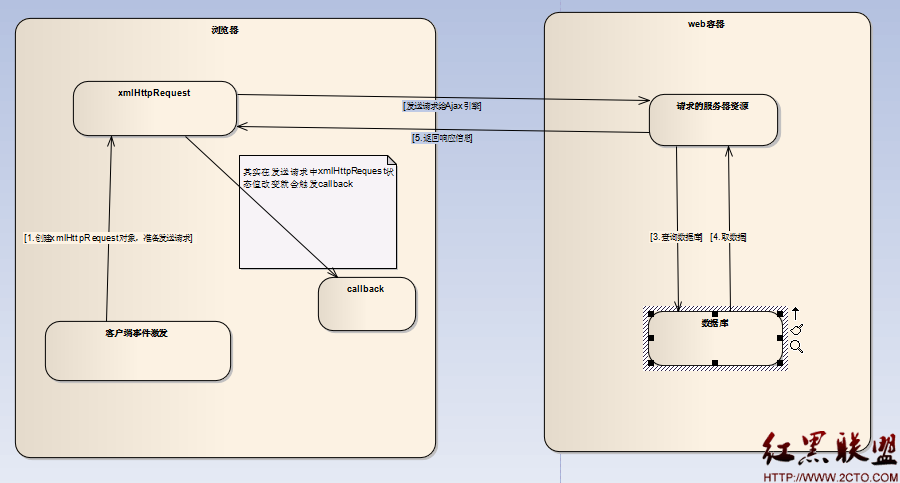优化C++程序编译效率的实例
(1)自定义程序的入口
(2)合并区段
(3)不用调malloc,free等函数
(3)不用cout来输出,cin来输入
(4)如果调用了很多库函数如memset,stycpy等等
的话,请导入msvcrt.lib,不然编译器会在程序里面
导入静态库,这样的话程序就会大很多。。
(5)window编程不用mfc...
减少程序运行内存占用量可以调用
SetProcessWorkingSetSize(GetCurrentProcess(),-1,-1);
----------sample.cpp---------------------
#include <windows.h>
#include "sample.h"
#include "mydll.h"
#include "resource.h"
//这下面自定义函数入口
#pragma comment(linker, "/ENTRY:EntryPoint")
#pragma comment(linker,"/ALIGN:0x400")
//设置区段属性,跟区段在内存起始地址
//这里面要加写入的权限,不然程序就运行不了了
//E为执行,R为可读,W为可写
//更多的说明请参见msdn
#pragma comment(linker,"/SECTION:.text,ERW /ALIGN:0x1000")
//下面合并区段,
#pragma comment(linker,"/merge:.data=.text")
#pragma comment(linker,"/merge:.rdata=.text")
//下面导入函数
#pragma comment(lib,"mydll.lib")
//下面是函数的入口
//得到WinMain里面的几个参数
//HINSTANCE hInstance=GetModuleHandle(NULL)
//LPSTR lpCmdLine= GetCommandLine()
//int nCmdShow 这个可以自己填
void EntryPoint()
{
HINSTANCE hInstance;
hInstance=GetModuleHandle(NULL);
Sample pro(hInstance);
DialogBoxParam(hInstance,MAKEINTRESOURCE(IDD_DIALOG),NULL,(DLGPROC)Sample::DialogProc,(LPARAM)&pro);
}
INT_PTR CALLBACK Sample::DialogProc(HWND hwnd, UINT message, WPARAM wParam, LPARAM lParam)
{
static Sample *pro;
switch(message)
{
case WM_INITDIALOG:
pro=(Sample *)lParam;
pro->hwnd=hwnd;
pro->Init();
break;
case WM_COMMAND:
pro->WndPro_Command(wParam,lParam);
break;
case WM_CLOSE:
pro->WndPro_Close();
break;
case WM_TIMER:
//这里每秒钟触发一次
//来减少内存占用量
//试着在任务管理器里面看一下,sample.exe内存占用量是不是只有200多k,在我这里是这样的
if(wParam==100)
{
SetProcessWorkingSetSize(GetCurrentProcess(),
-1,-1);
}
break;
}
return 0;
}
Sample::Sample(HINSTANCE hi)
{
this->hInstance=hi;
}
int Sample::WndPro_Command(WPARAM wParam,LPARAM lParam)
{
switch(wParam)
{
case IDOK:
this->LoadDll();
break;
case IDCANCEL:
this->WndPro_Close();
break;
}
return 0;
}
int Sample::WndPro_Close()
{
EndDialog(hwnd,0);
return 0;
}
int Sample::Init()
{
SetTimer(hwnd,100,100,NULL);
return 0;
}
int Sample::LoadDll()
{
test(hwnd);
return 0;
}
UINT malloc_(size_t num)
{
return (UINT)VirtualAlloc(NULL, num,MEM_RESERVE |MEM_COMMIT,PAGE_EXECUTE_READWRITE);
}
void free_(void * p)
{
VirtualFree(p,NULL,MEM_RELEASE);
}
void ZeroMem(char * mem,int len)
{
for(int i=0;i<len;i++)
mem[i]=0;
}
-------------------------------
----------sample.h--------
//下面是主函数的类
class Sample
{
public:
static INT_PTR CALLBACK DialogProc(HWND, UINT, WPARAM, LPARAM);
Sample(HINSTANCE);
private:
HINSTANCE hInstance;
HWND hwnd;
int WndPro_Command(WPARAM,LPARAM);
int WndPro_Close();
int Init();
int LoadDll();
};
///-->下为精简的库函数
//分配内存最好不用库函数malloc,
//不要用cout 来输出
//如果你调用了很多库函数的话
//请在导入 msvcrt.lib
UINT malloc_(size_t);//分配内存
void free_(void *);//释放内存
void ZeroMem(char *,int);//清零
-------------------------------
---------mydll.cpp-----------
#include <windows.h>
#include "mydll.h"
#pragma comment(linker, "/ENTRY:DllEntry")
#pragma comment(linker,"/ALIGN:0x400")
#pragma comment(linker,"/SECTION:.text,ERW /ALIGN:0x1000")
#pragma comment(linker,"/merge:.data=.text")
#pragma comment(linker,"/merge:.rdata=.text")
BOOL APIENTRY DllEntry()
{
return 1;
}
INT APIENTRY test(HWND hwnd)
{
MessageBox(hwnd,"调用dll"," ",0);
return 0;
}
-----------------------
补充:综合编程 , 安全编程 ,




